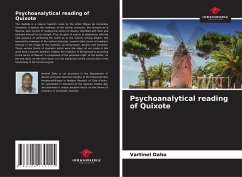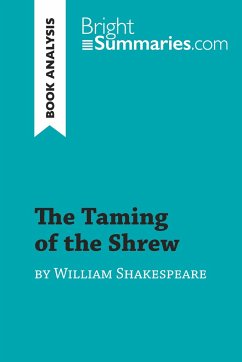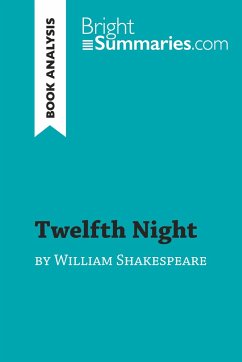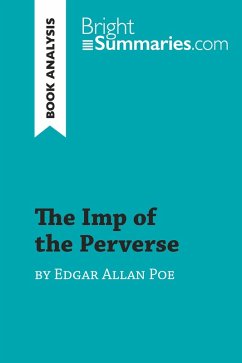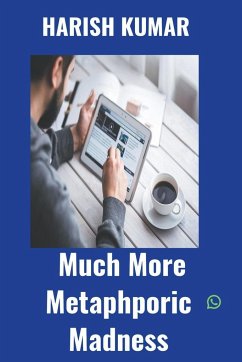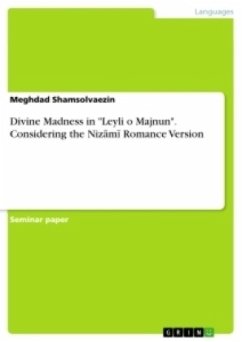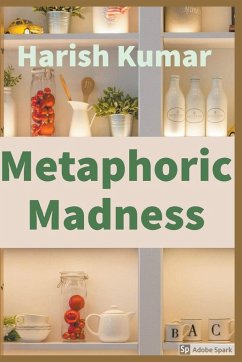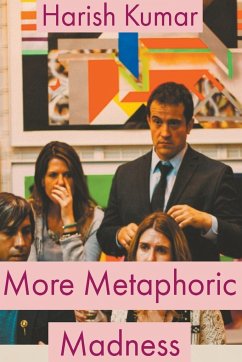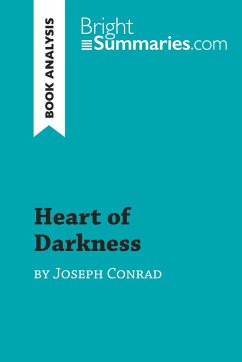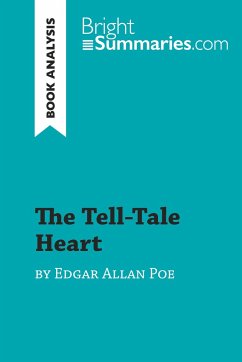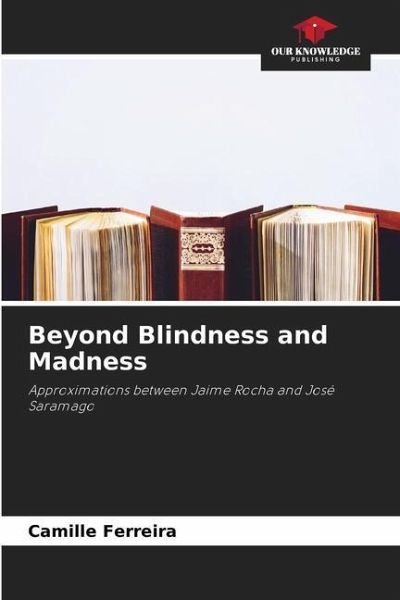
Beyond Blindness and Madness
Approximations between Jaime Rocha and José Saramago
Versandkostenfrei!
Versandfertig in 6-10 Tagen
36,99 €
inkl. MwSt.

PAYBACK Punkte
18 °P sammeln!
This book aims to uncover points of parallelism and/or discrepancies between two Portuguese narratives of the 1990s: the works Ensaio sobre a cegueira (1995), by José Saramago and A loucura branca (1990), by Jaime Rocha. In this sense, we intend to articulate the narratives with sociological and symbolic issues of empirical reality, for which we will take as our theoretical perspective the issue of the relationship of control and power over society and the individual. Thus, through this perspective we will try to explain how the characters in the novels get lost in a white blindness and madne...
This book aims to uncover points of parallelism and/or discrepancies between two Portuguese narratives of the 1990s: the works Ensaio sobre a cegueira (1995), by José Saramago and A loucura branca (1990), by Jaime Rocha. In this sense, we intend to articulate the narratives with sociological and symbolic issues of empirical reality, for which we will take as our theoretical perspective the issue of the relationship of control and power over society and the individual. Thus, through this perspective we will try to explain how the characters in the novels get lost in a white blindness and madness, which make it impossible for them to follow the normality of everyday life and make them pass into an atypical state of living, in which it is possible to perceive to a greater degree a subjective awareness in relation to the nastiness of reality. Thus, it is hoped that this study will allow a deeper understanding of the works of Saramago and Rocha, as well as contribute significantly to literary studies.



